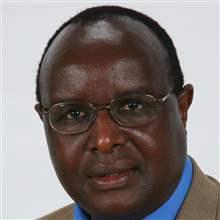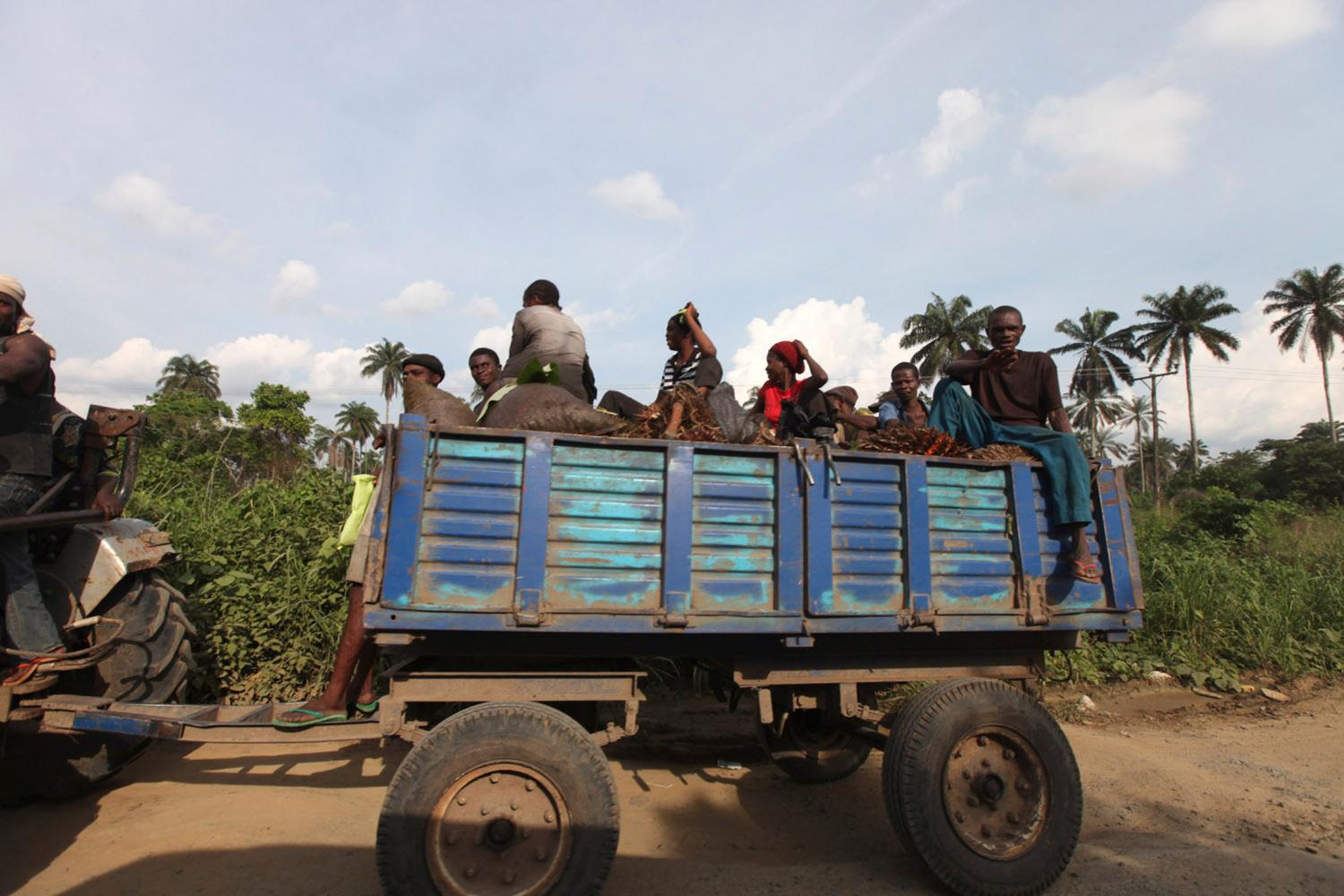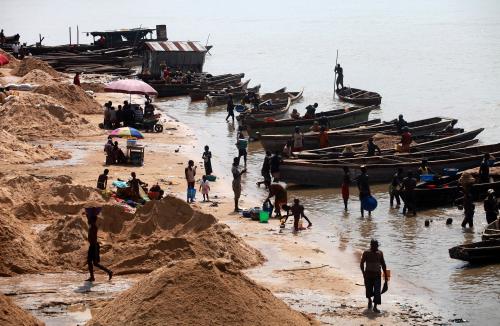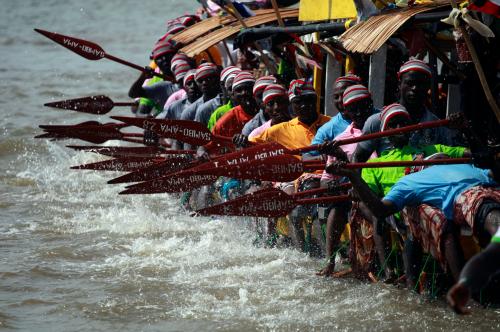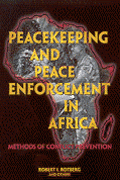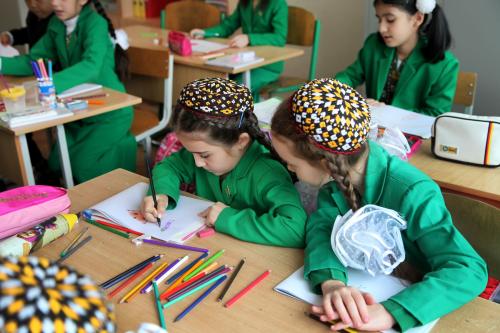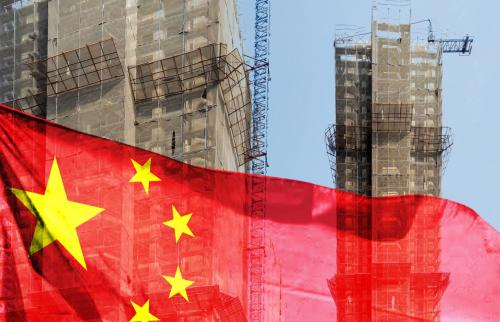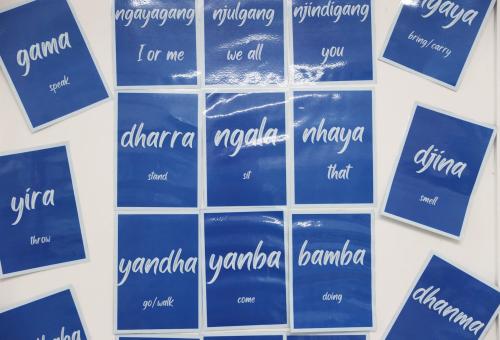Introduction – The Akassa Development Foundation
Oil extraction in the Niger Delta contributes significantly to Nigerian GDP and government revenue. Yet, the inhabitants of the resource-rich Niger Delta have not benefitted proportionately from these oil revenues. The region performs poorly compared to the rest of the country on social indicators such as education, health and environmental quality. In addition, oil spills from deteriorating pipelines, illicit extraction and sabotage have contributed to environmental degradation, which has exacerbated the region’s already low agricultural productivity. Spills often destroy farm lands and bodies of water important to the livelihoods of local communities, aggravating an already high unemployment rate among young people and raising the risk of civil unrest. In an attempt to address these challenges in the region, many top-down strategies for socio-economic development have been implemented; however, ongoing conflict and inconsistent support have hampered these efforts, leaving many of these projects incomplete or abandoned.
The Akassa Clan Territory, located in Bayelsa state in the Niger Delta, is one of the communities most affected by these challenges. The territory is comprised of 19 villages and 121 satellite settlements spread widely throughout forest land, wetlands and barrier islands. The prevalence of scattered, remote settlements makes it difficult to provide social services and promote sustainable human development in the region. In 1997, the Akassa Development Foundation concept was introduced by Pro-Natura, a non-governmental organization, as an alternative to top-down interventions.
What is the Akassa Development Foundation?
The Akassa Development Foundation (ADF) is a community-led development intervention in the Niger Delta that manages a package of initiatives for the 3,000 households (18,000 community members) in the Akassa Clan Territory. This bottom-up approach to development is based on the premise of community ownership and responsibility for the planning, implementation and monitoring of projects. The organization selects, plans and implements annual development projects, such as health campaigns, infrastructure and conservation programs. The ADF has a 38-member general assembly made up of two members—one male and one female—from each of the 19 villages. It also features a nine-member board of trustees in
charge of resolving conflicts, and a five-member secretariat that handles day-to-day operations. Moreover,
under the general assembly are interest-based subgroups (e.g., women’s group, youth group, group of chiefs)
that encourage members to organize around their specific interests, facilitating decision making.
About the Models of Development and Experiential Learning (MODEL) Study:
The Models of Development and Experiential Learning study is a collaborative effort between the Brookings
Africa Growth Initiative (AGI), Foundation for Partnership Initiatives in the Niger Delta (PIND) and Nigerian
Institute of Social and Economic Research (NISER). The goal of MODEL is to identify, understand, document
and share development models that address a broad range of constraints to economic growth and community
well-being in the Niger Delta. As a part of this effort, AGI, NISER, and PIND undertook an assessment of
the Akassa Development Foundation, surveying 323 households as well as holding focus group and in-depth
interviews in August and September of 2013 in the Akassa community. The Institutional Analysis and Development
(IAD) framework and an empirical estimation were used to analyze the ADF.
The Brookings Institution is committed to quality, independence, and impact.
We are supported by a diverse array of funders. In line with our values and policies, each Brookings publication represents the sole views of its author(s).
